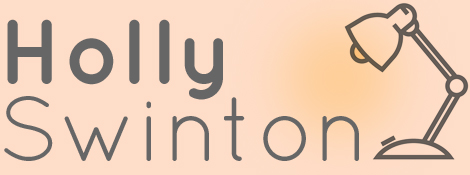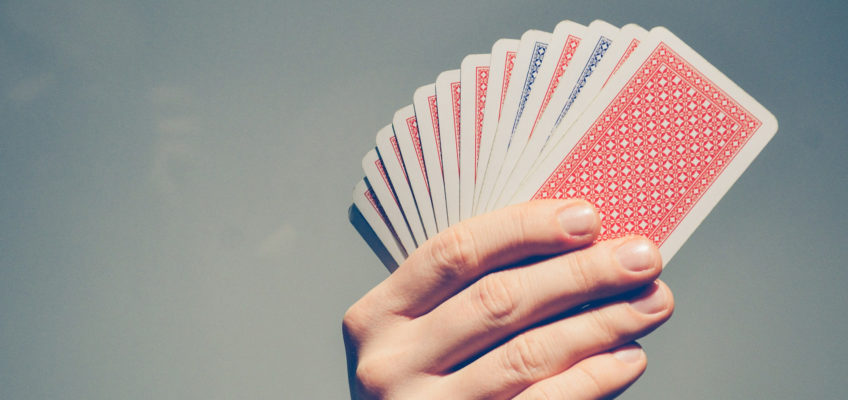Want something to brighten up rainy days? Try a reading card game! This kind of targeted practice is much more fun and productive than yet more guessy reading and should genuinely transfer to their spellings.
I firmly believe that card games are one of the most fun and non-patronising ways to improve your child/teen’s reading accuracy. Sure you’ll probably still get a groan when you suggest it, but it’s normally a half-hearted one. Once you get playing, who doesn’t like beating their family at a card game?!
Most parents ask me to help their child’s confidence. But I have come to realise that confidence only really comes when you feel yourself improving quickly, which is why I am a very results-driven dyslexia assessor and tutor. Your child’s time, energy and buy-in is precious. 10 mins a day can be transformational, but only if it’s exactly what they need.
Here are 4 ways to develop confident readers and spellers, as quickly as possible:
(1) If you have the ability to download and print cards, then the best ones I’ve found are on the Spelfabet website. These are most effective when you mix and match visually similar decks e.g. wag, wage, stag, stage, sag, sage. Or paw, pow, raw, row, caw, cow, flaw, flow. This enables you to check they have really understood the rule of pattern
Some decks are free, others are $1.82 (they are in dollars) or you can buy a bundle for about a dollar a game. These games allow you to cheaply target pretty much any phonics pattern or suffix your child/teen is struggling with!
Play any normal card deck games, but they just need to say the words on the card as they put them down. They have made some videos of suggested games. This is great because you can play a million games with the same deck or mix and match games. Little ones can play simpler card games and older ones and adults can play awesome card games, whilst getting better at reading.
They also have a cool bingo game and a word-building game. Really worth a look to boost accuracy and make reading less of a chore.
No time to print and cut? Prefer beautifully printed, professional-looking games? Try…
(2) Blah Blah Blah! This is fun and quick, but quite expensive at £20, although there are 200 cards. I really like it because it gets kids to pay great attention to all the sounds within words. There are 3 different levels, all of which are quite easy. Level 1 is words such as job, levels 2 and 3 are words such as night, feel, reach, moon. But it would be quite easy to produce extra (harder) decks once you see how it works.
(3) The Talisman cards are very similar to TRUGS (see below) but are beautifully illustrated. The difficulty is not being able to buy the stages separately, so they end up quite expensive. Boxes 1-4 are £24 altogether and work on blends, ch, sh, th, tch, qu, an and contain words like big, shut, match. Boxes 5-10 are £36 altogether and cover each of the common long vowel patterns (magic e, ai, ay, ee, ea, igh, ie, y, oa, ow, oo, ew). Boxes 11-20 are £54 altogether and covers or, er/ir/ur/ear, oi/oy, ou/ow, au/aw/al, air/are/ear, ew/ue, soft c/se, soft g/dge, ph, -le.
They are quite simple if you play them one deck at a time , but I would again recommend mixing up decks to recap different patterns.
(4) My favourite of all is TRUGS (Teaching Reading Using Games) which has two great options.
The most budget-friendly one is the Check deck. This is a fun, non-patronising card game, similar to Beggar My Neighbour, which gets them reading dozens of cards. You get 72 cards in a pack for £12. Which is too many for them to quickly memorise them all, so means that kids really have to learn to sound words out.
Choose from 4 levels:
Stage 0: 16 letter sounds
Stage 1: simple words (pig) (magnet), with blends (drank, smash) and the sounds ar or er ir ur (park, pork, perk, bird, churn)
Stage 2: magic e (tune), first vowel says it’s name (e.g. snail, say, sea, see, sigh, slow, float, statue), painful vowels (e.g. Paw, pow, pool, pew, pound, paul, soy, soil) and simple 3 syllable words (consider)
Stage 3: 4 syllable words (independent), soft c And soft g (nice and gem), suffixes -le (rifle) and tion, tial, tious, sion, cian suffixes (electrician).
They also offer Tricky Words 1 And 2 which are the high-frequency tricky words.
If your kid loves these then they might like the School Boxes (not the home boxes -I would not recommend these!) which are divided into stages 1, 2 and 3 (as above). They are expensive (£96 each) but they each contain 15 games (5 levels x3 diff game types). Potentially a good buy between a few families or for a school. I tend to lend the correct level to my pupils for a week or two. There are videos of how to play the games if you get stuck.
Need a free option?
Try the free options on the Spelfabet site. Then adapt them to make your own. It’s particularly easy to create a pairs or snap game which works on problem words.
If you’re buying or making card games, then my top tip would be games which get children to learn words in groups rather than individually e.g. ace, race, lace etc. and ideally with visually similar ones thrown in e.g. race, rack, lace, lack. Or ones which are all very visually similar: lace, lack, lass, less, lice, lick, Or bran, brain, brains, brine, brown, broom, brooms, bream, beam.



Leave a Reply